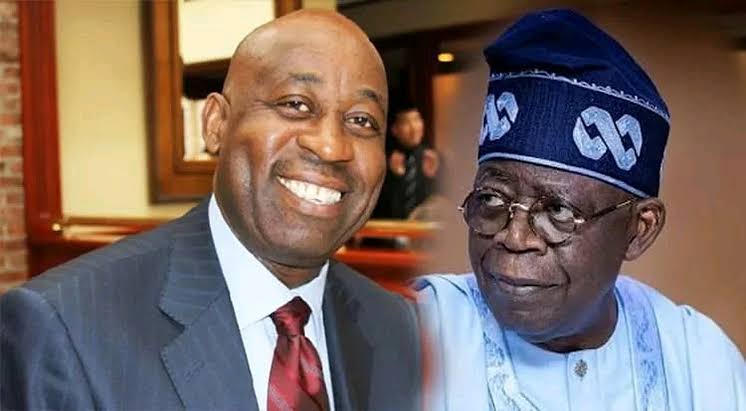The final assessment from the European Union, which identified weaknesses in the elections for president on February 25, has been rejected by the Presidency.
“We strongly reject, in its entirety, any notion and idea from any organisation, group and individual remotely suggesting that the 2023 election was fraudulent,” a statement signed by the President’s Special Adviser on Special Duties, Communication and Strategy, Dele Alake, read on Sunday.
Read Also: JAMB Reveals Anambra Pupil Celebrated For Top UTME Scores Faked Results
On March 1, 2023, the Independent National Electoral Commission announced Bola Tinubu of the All Progressives Congress as the winner of the presidential election.
However, the results have been disputed by candidates of the Peoples Democratic Party, Atiku Abubakar, and the Labour Party, Peter Obi, who alleged that the process was far from credible.
Addressing a press briefing in Abuja on June 27, the Chief Observer, EU Election Election Observation Mission, Barry Andrews, noted that “the election exposed enduring systemic weaknesses and therefore signalled a need for further legal and operational reforms to enhance transparency, inclusiveness, and accountability.”
He said the shortcomings in the law and electoral administration hindered the conduct of well-run and inclusive elections and damaged trust in INEC.
Therefore, the EU EOM offered 23 recommendations for consideration by the Nigerian government that would improve future elections.
However, in the statement titled ‘We reject European Union’s conclusions on 2023 general elections,’ the presidency alleged bias and an intention to “impeach the integrity of the 2023 elections” which it described as the “best organised general elections in Nigeria since 1999.
The Presidency faulted the data-gathering technique employed in the report, saying, “While addressing journalists in Abuja on the so-called final report, Andrews noted that EU-EOM monitored the pre-election and post-election processes in Nigeria from January 11 to April 11, 2023, as an INEC accredited election monitoring group.
“Within this period, EU-EOM observed the elections through 11 Abuja-based analysts, and 40 election observers spread across 36 states and the Federal Capital Territory.
“With the level of personnel deployed, which was barely an average of one person per state, we wonder how EU-EOM independently monitored elections in over 176,000 polling units across Nigeria,” Alake queried.
Consequently, the Presidency insisted that the 2023 general elections, “most especially the presidential election, won by President Bola Tinubu/All Progressives Congress, were credible, peaceful, free, fair and the best organised general elections in Nigeria since 1999.”

